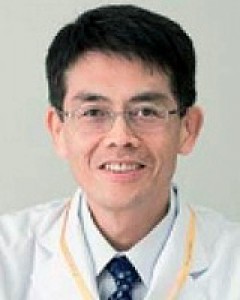early abstract:
Background: In Japan, the community medicine clerkship is introduced in order to foster positive attitudes towards rural practice and encourage rural recruitment. The purpose of this research was to elucidateself-efficacy for ruralpractice.
Method: Medical students comprised 166 women aged 22 ± 2 (mean ± standard deviation) (range,19-34) years and 243 men aged 23 ± 3 (18-41) years. The participants account 60.9% of 1st-3th and 39.1% of 4th-6th academic year. We conducted a cross-sectional survey to identify questionnaire items that measure self-efficacy of intent for rural practice based on the portfolio of the student who experienced community medicine clerkship.
Results: Using factor analysis, we identified rural self-efficacy scale of 4 factors consisting of 15 items. The factors extracted were Factor 1: work preferences, Factor 2: evaluation of rural practice, Factor 3: rural living, Factor 4: personal character. The Cronbach's alpha coefficient for the questionnaire was 0.849, acceptable for newly developed scales. The scree plot indicated for factors, explaining 46.8% of the total variance. The average score was 43 ± 6 in women and 44 ± 6 in men, and was significantly increased with stronger intent for rural practice in each gender. Total factors, Factor 1: work preferences, Factor 2: evaluation of rural practice and Factor 3: rural living showed a significant and independently positive correlation with the intent for rural practice. Moreover, multiple linear regression analysis using rural self- efficacy score as an objective variable,adjusted for confounding factors as explanatory variables showed that in both genders “encounter with a doctor as a role model” and “general medicine oriented”, and in men “lower grade academic year“, “graduation from public high school“, and “student who have not failed entrance exam” were also significantly and independently associated with rural self-efficacy score.
Conclusions: The present study suggests that medical schools might recruit medical students with higher rural self-efficacy score and have to foster their rural-oriented attitudes in order to provide physicians to rural areas.

